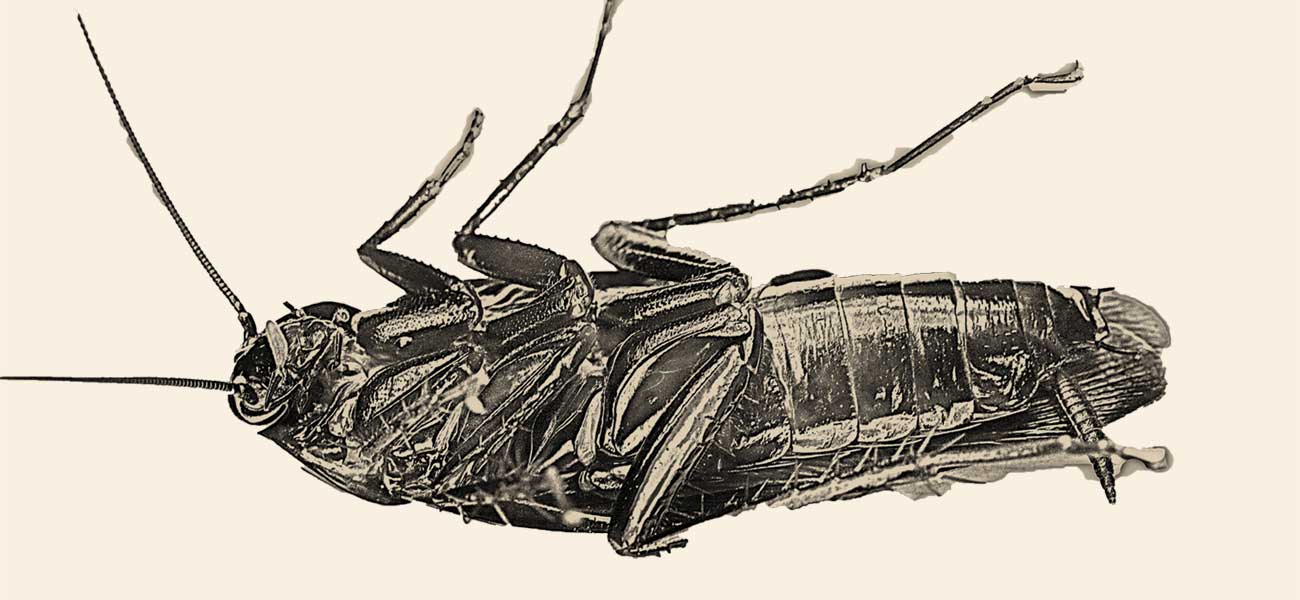Sign up for the daily CJR newsletter.
Michelle Ferrier loved being a columnist with the Daytona Beach News-Journal in Florida. She established a real connection with her audience, she says, built around a fly-on-the-wall view into her African-American family life. Then, two years into the gig in 2005, Ferrier started receiving a series of letters.
“Have you played the race card, Michelle, this week,” the first, handwritten letter said, and “All you people do is cry, bitch, wine [sic], bitch.” Ferrier tried to shrug it off, but the hate mail grew increasingly threatening. The police did little more than patrol her home, says Ferrier, who was so emotionally on edge that she started carrying a gun to protect herself and her family until eventually she left her job at the paper in 2009.
A couple of years later, Ferrier was teaching in the school of communication at Elon University in North Carolina, when a young woman in the campus neighborhood was the victim of a racially charged attack. Sparked by the incident, Ferrier decided to share her own story with her classes to start a conversation about hate speech. To help students understand the issue, she brought some of her old letters to class. Many of the students were shocked, and some left the classroom in tears. “They had never experienced that kind of hate,” Ferrier explains.
Then Ferrier started receiving different kinds of letters, from students who thanked her for sharing her story. “Those letters helped me emotionally to begin to tell my story to other people,” says Ferrier, now an associate dean for innovation at the Scripps College of Communication, Ohio University. They also inspired the idea for a new website, TrollBusters, which provides support for targets of online harassment, while identifying and combating trolling.
At a time when online harassment of women writers and publishers, especially black women, is rampant, Ferrier and the rest of the TrollBusters team just launched their new website. The site is already gaining recognition, with the concept winning one of the top prizes at the International Women’s Media Foundation hackathon in January.
To provide a real recourse to targets of online harassment, TrollBusters is built with three separate elements:
Online rescue service
Targets of online abuse can send an alert to TrollBusters, who will respond by flooding the relevant thread on, say, Twitter with positive, supportive messages, which will provide a counter narrative to drown out hateful trolling. The longer-term goal, Ferrier says, is that women will eventually be able to set up personal sos teams of friends and family, who can send personal messages. Ferrier says she knows first-hand, as well as anecdotally from other women, that support matters. She wants to use TrollBusters to formally research the idea that positive messaging can help women maintain their voice online, despite harassment.
Support center
TrollBusters wants to be an easy, go-to guide for women publishers and writers who are targeted by trolls and looking for legal or psychological support.
Exterminate ‘troll nests’
Through technology developed at Ohio University, TrollBusters will work to identify trolls, primarily on social media. While the software will allow the team to “out” trolls, it will also help them identify and reach out to targets to offer support.
Has America ever needed a media defender more than now? Help us by joining CJR today.







